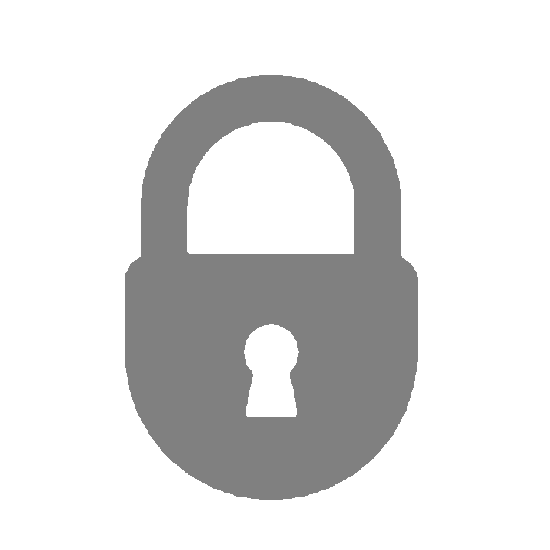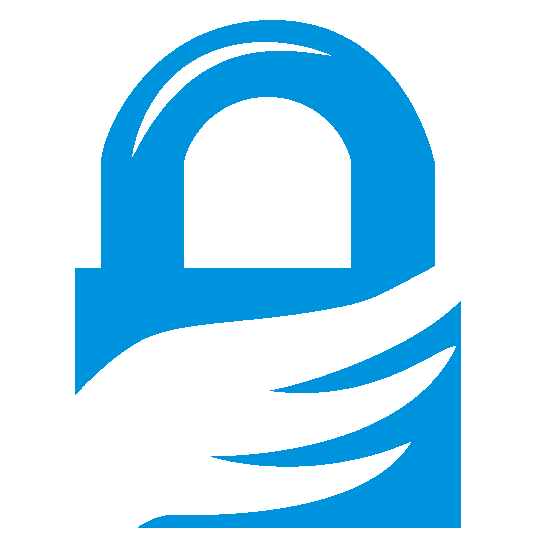Security
when using content and services
www.Advocati.org

The Legal Secrecy is guaranteed in чл. 30, ал. 5 of the Constitution and further developed in Art. 33 of the Advocacy Law - by explicitly prohibiting this secret from being disclosed in any way; and if disclosed, by an express prohibition on using it as evidence of anything.
Regardless of the legal guarantees, the protection of secrecy remains a responsibility primarily on yourself and on the Attorney you have chosen to trust. To get real protection, we offer you a few simple but essential information security measures to take against any attempts by your opponents to infiltrate your secrets.

Information Security
-
Have your Attorney's business card with you or their contacts recorded on your phone. It's a good idea to be able to contact with them if you suddenly need to, for example when you're detained. Detention can also occur without a crime - for example, due to a mistake or accusation. Your Attorney's contacts are also useful in your daily relations with the administration, partners, competitors - to get advice whenever needed.
-
Avoid insecure phones, computers, e-mail addresses and chat communicators for sharing of confidential information - especially if the means of communication are or could be under the control of your opponents. If it is not possible to use independent channels (eg because you do not have access to your phone), have as short and inexplicit conversation as possible and arrange a personal meeting for the details.
-
If you have important papers that you fear your opponents might try to seize for some reason, it is best to seal these papers in a non-trivial package (eg in a pillow case) and keep them with a distant relative or a friend where your opponents wouldn't think to search. Be careful when visiting the storage site - somebody may try to track you.
-
When working with electronic systems, do not use easy and short passwords, neither related to your and your loved ones' data, nor the same passwords for different activities. Do not use words that are in the dictionary (in any language). Combine lowercase and uppercase letters, numbers, and special characters (for example,
& * @ \ $ = ^), change passwords from time to time, don't write them down, and don't share them with anyone. -
If you use our online consultation form, clear your browser history and temporary files (or set it up for automatic cleaning when you close the browser). And, if you have to share something confidential and you are afraid of an unhealthy interest in your communication, use a random computers, through specially registered e-mail addresses that your opponents do not suspect.
-

Do not trust non-free technologies (such as Windows, iOS, macOS, Android, etc.). If you are not technically ready to move to Free Technologies that respect your privacy, you would be better not to trust digital systems at all - make a live appointment, away from any computers, phones and networks.
-

If you want to share secured instant messages with us, research how the XMPP protocol works. Choose a public server (or run your own), select one of preferred chat clients available (eg Pidgin or Gajim), and get in touch requiring for our authorization. It allows messaging in offline mode, file sharing, end-to-end encryption and suspicious changes in the other party's system detection.
-

If you want to share reliably encrypted and/or digitally signed content with us, research how GnuPG works. Familiarize yourself with the Command Line in the Terminal of your free operating system, look for an independent confirmation for the Fingerprint and download our public GPG key (or search it from the Web of Trust), generate your own pair of public and private key, and send us an encrypted / signed message.

And last but not least, no matter how hard effort you take, it won't be helpful if those you share with don't follow similar information security rules in parallel with you. Feel invited to spread the above tips to anyone who needs them. And remember that absolute security cannot be achieved. Just don't bring your innermost secrets into digital environment, and share them with others only when really needed.